Beer Report 2024
Beers to Watch
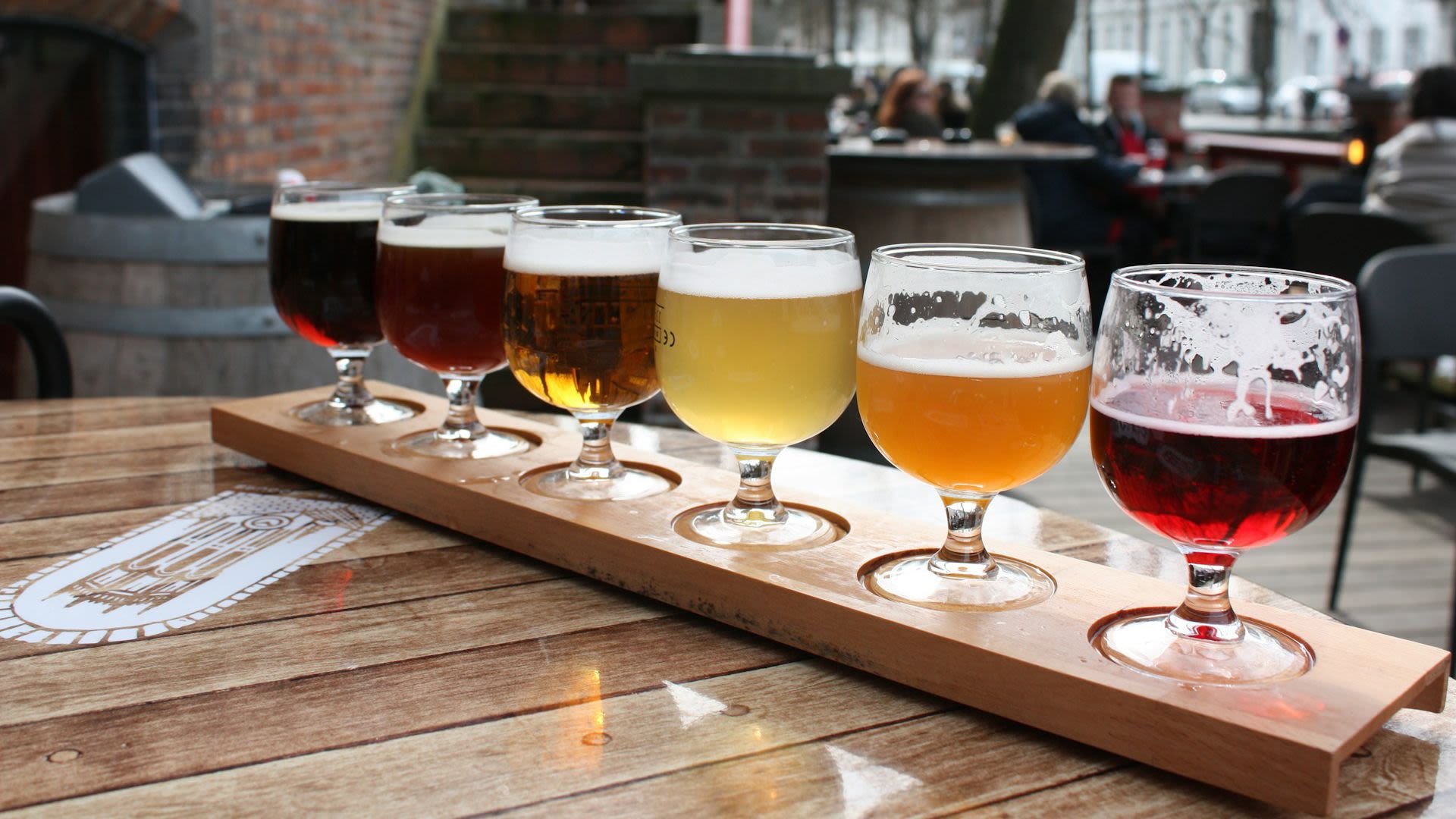
The Morning Advertiser spoke to beer experts about four types of beer and discovered the potential trends that drinkers may requiring in the near future.
Notes from BeerBelle and beer sommelier Annabel Smith are written here while the Society for Independent Brewers & Associates (SIBA) head of comms Neil Walker can be heard talking about the beers and the flavours on the accompanying audio track.

The beers being discussed are Wokingham-based Siren’s 0.5% ABV nitro stout Call of the Void; Cold IPA 6% ABV from Utopian Brewing in Crediton, Devon; RedWillow from Macclesfield’s V.E.I.P.A (Very English IPA) at 5.3% ABV; and No-Space in the New World, a 5% ABV Mosaic & Simcoe DDH Pale Ale from Manchester-based Cloudwater.

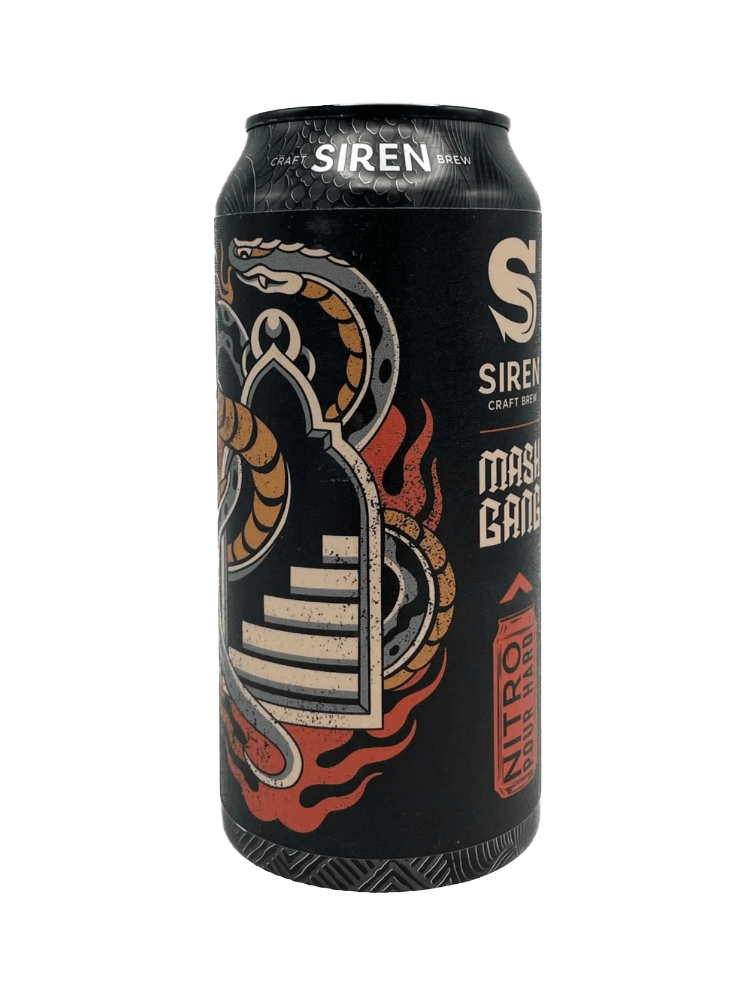
Siren: Call of the Void
Of Siren’s beer, Smith states: “Teaming up with the Mash Gang, Siren have thrown absolutely everything at this beer to make you a super satisfying stout at just 0.5% ABV.
“A selection of rich dark grains combine with tonka bean (vanilla, almond, clove, cinnamon, and amaretto) liquorice root, cacao nibs, coffee and vanilla for a complex amalgamation of flavours and aromas, bolstered by the body and smoothness of nitro dosing.
“When it comes to no and low, that no longer means no choice, no quality, no variety.
“Nitro stouts are basically stouts that are infused with nitrogen. This gives the foam of the beer a cascading effect of tiny bubbles creating a thick texture with a creamy mouthfeel. Non-nitro stouts and other beers are typically more carbonated than their nitro counterparts and that’s why, they tend to be fizzier in terms of mouthfeel.
“The use of nitrogen has a unique reaction in the beer. It provides a unique texture to the body of the beer that most describe as creamy.
“Dark beers play well with nitrogen since a thicker, creamier mouthfeel pairs well with the flavors of a dark beer. Nitrogen allows more of the flavour to come through. Nitrogen neutralises the bitterness and can make a stout more roasty.”
Smith suggests a food match for it could include Tex Mex, chilli, venison.
Utopian: Cold IPA
Utopian Brewing’s Cold IPA has been cold fermented, usually with lager yeast, Smith states.
It uses: “Lots of pale malts. Usually hop during fermentation. Yeast breaks down the flavour compounds in the hops. High carbonation, very bitter, clean, moussey, smooth, creamy mouthfeel.
“The use of lager yeast in an ale isn’t uncommon, there are many other styles that use this methodology to achieve and clean, crisp character that’s normally found in lagers like Pilsner. This yeast is really critical to this style as it allows the hops to really stand out instead of being a product of what the ale yeast adds (fruity flavours and spicy notes).
“The result is a unique beer that has a clean, crisp, light body that provides a great stage for the hops to really express their character.
“What I liked the most about this beer is the light body means it isn’t filling. Heavily hopped IPAs can often be so heavy that a few will make you feel bloated. That isn’t the case with the Cold IPA.”
Pair this beer with satay, pad Thai, ‘weeping tiger’ salad and Szechuan Beef.
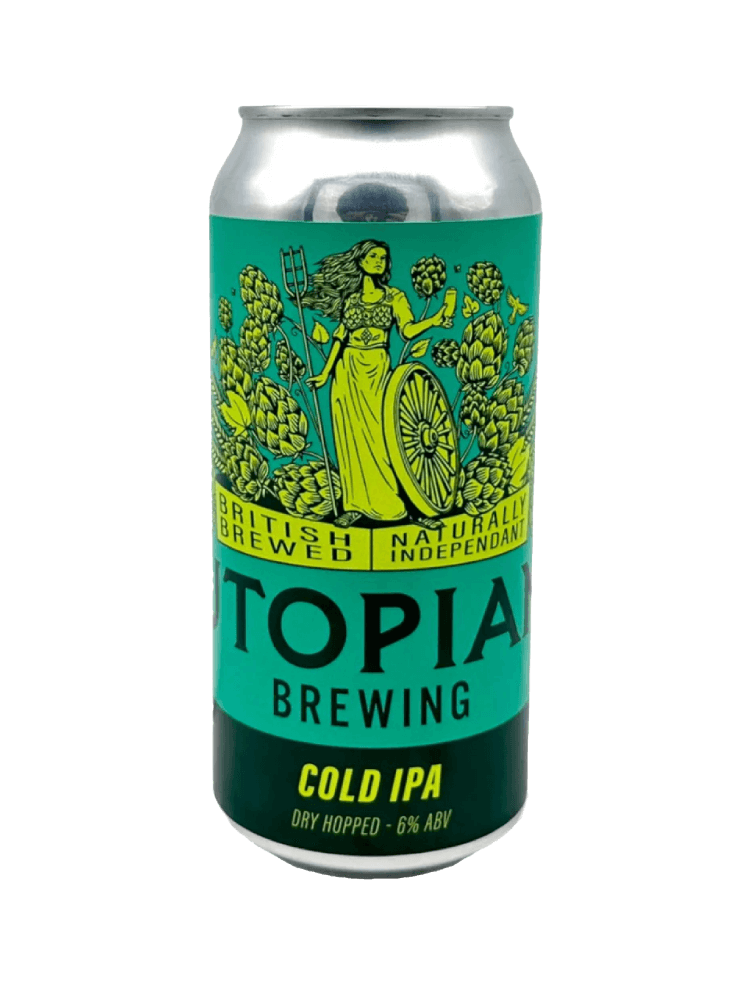
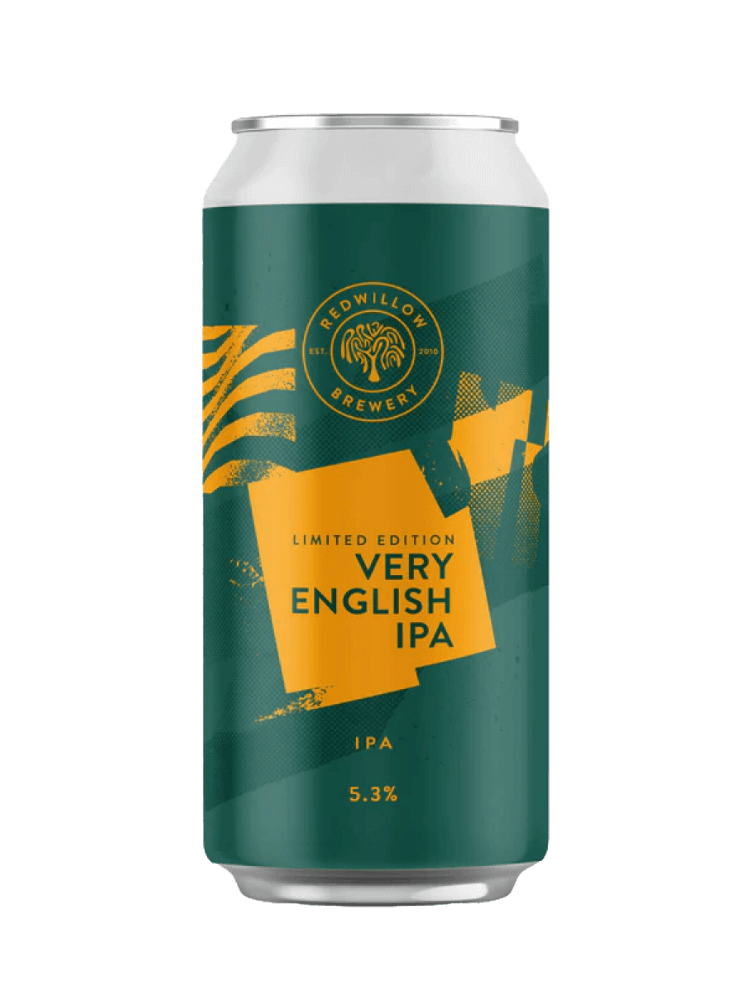
RedWillow: Very English IPA
Smith says: “This beer is brewed with Chevallier, Maris Otter and Crystal malts and hopped extensively with Goldings and Target. This celebration of the very best English Hops and Malts is burnt orange in colour with layers of pithy orange and sweet marmalade finishing with a robust bitterness.
“Chevallier Malt was the first ever selected landrace for malting and it’s what Crisp’s founders Fred and George Smith would have malted back in 1870. Chevallier reigned supreme for over 100 years as the dominant barley variety in England from the 1820s to 1920s. It was propagated all over the world and was being grown in Australia commercially as recently as 1960. It formed the backbone of many Victorian ales, and in its revived form, we’ve seen it win awards for its depth of flavour.
“It has a robust maltiness, like Maris Otter turned up to eleven, with a rich marmalade character and a long aftertaste.”
Food to pair with this beer includes crispy duck, pork belly, fried chicken and pork pie
Cloudwater: No-Space in the New World
“If you break open a fresh, whole-cone hop, you’ll find a bunch of yellow, pollen-like powder within,” Smith begins. “That stuff is lupulin and it contains the majority of the plant’s hop oils that ultimately impart flavour and aroma in the beer it’s used in.
“In 2014, global hop supplier Yakima Chief Hops invented a patented process of freezing fresh hops with liquid nitrogen, shattering them, separating the lupulin and the hops’ external green matter (aka brack), and pressing that lupulin into pellets with some excess plant material. The end result is Cryo hops.
“The most common style in which one will encounter Cryo hops is undoubtedly in New England IPAs, which are characterised by hazy, tropical fruit-forward hop flavours and low bitterness.
“Since the dawn of the category, brewers have taken on the challenge of cramming in as many hops into their IPAs as possible with maximum dry-hopping but a lot of plant matter can end up in the beer.
“These hops provide a clean and pure hop character, showcasing the unique flavours and aromas of the selected hop variety.
“The result is a beer with a more vibrant and robust hop profile. From citrusy and floral notes to tropical fruit and pine. They offer a wide range of flavours and aromas that can take a beer from good to exceptional. Whether used for bittering, flavouring, or dry hopping, Cryo hops provide a powerful punch of hop character that can make a beer genuinely memorable.”
Her recommended food pairings are strong cheeses (in a grilled cheese sandwich), charcuterie and lamb cutlets.
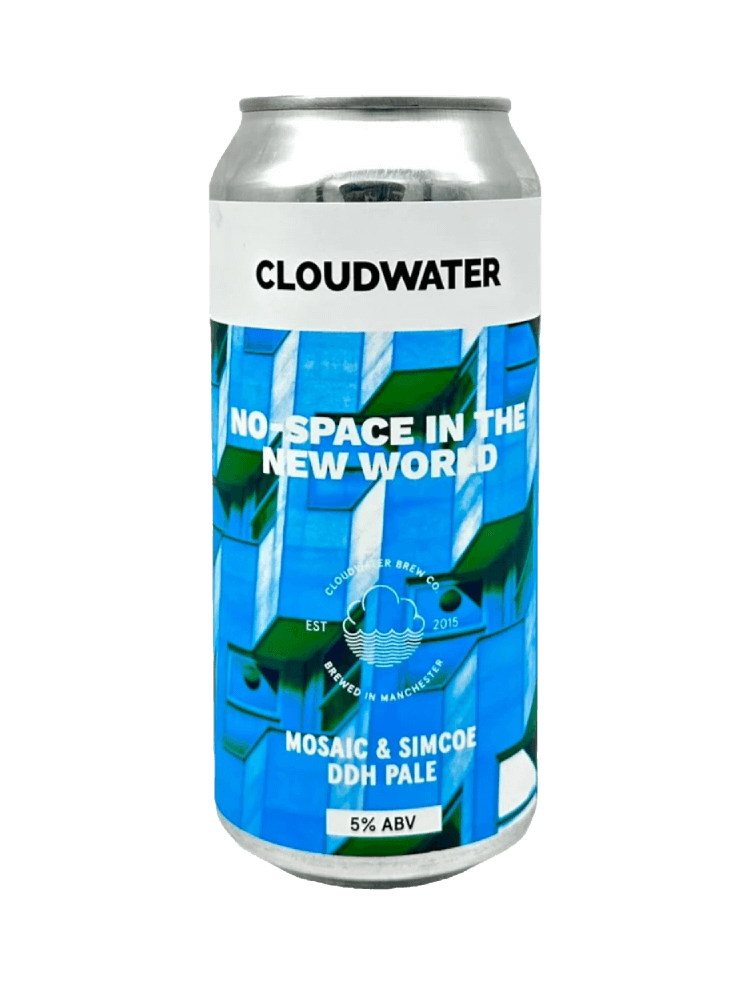


Asahi UK
Asahi UK is a subsidiary of Asahi Europe & International and is responsible for sales, marketing and customer operations across the UK and Ireland.
With its portfolio of super-premium beer brands, Asahi UK enriches consumer experiences through innovation, high-quality service and an exceptional portfolio of premium beer, ale, and cider brands, which include Peroni Nastro Azzurro (PNA), Asahi Super Dry (ASD), Meantime, Fuller’s London Pride and Cornish Orchards.
In the on-trade, premium lager is currently the only price segment in the lager category experiencing growth, at 2.7%, and now makes up 38% of the category by volume sales.[1] In lager, Asahi Super Dry and Peroni Nastro Azzurro are significant profit drivers for the category, with an average price per pint of £6.11 and £5.87 respectively, vs the average price of a premium lager at £5.40.1
The business is focused on creating profitable partnerships with premium outlets through its quality brands and delivering commercial value in the marketplace.
We urge any operator who is passionate about growing their sales of quality beer and cider to get in touch on communications@asahibeer.co.uk
